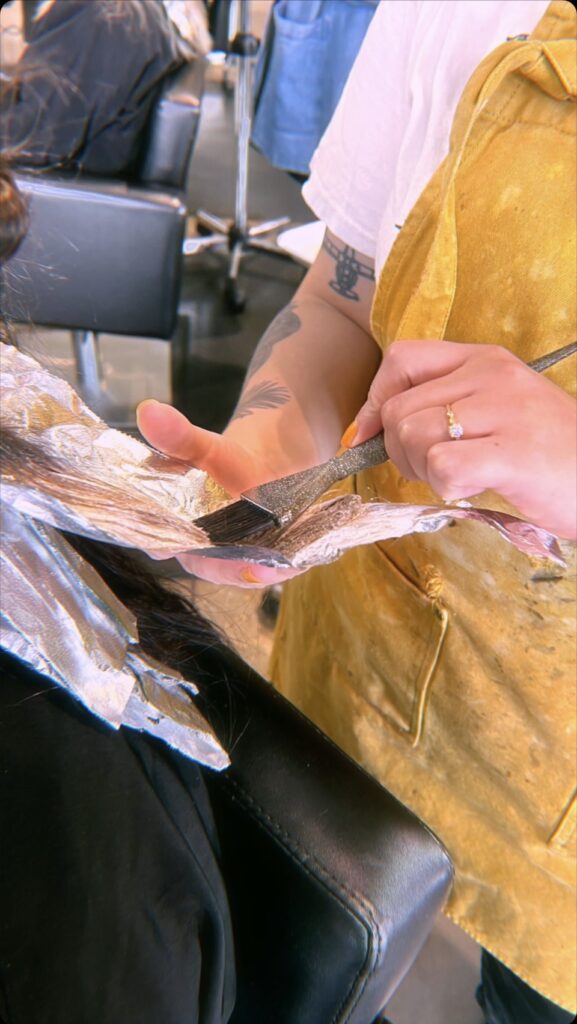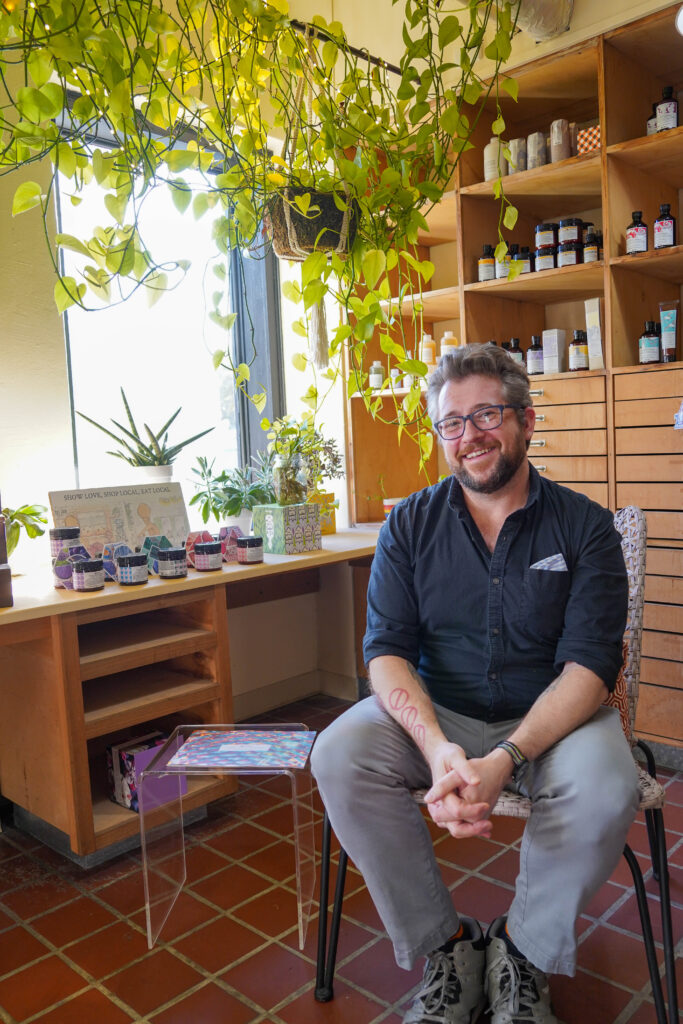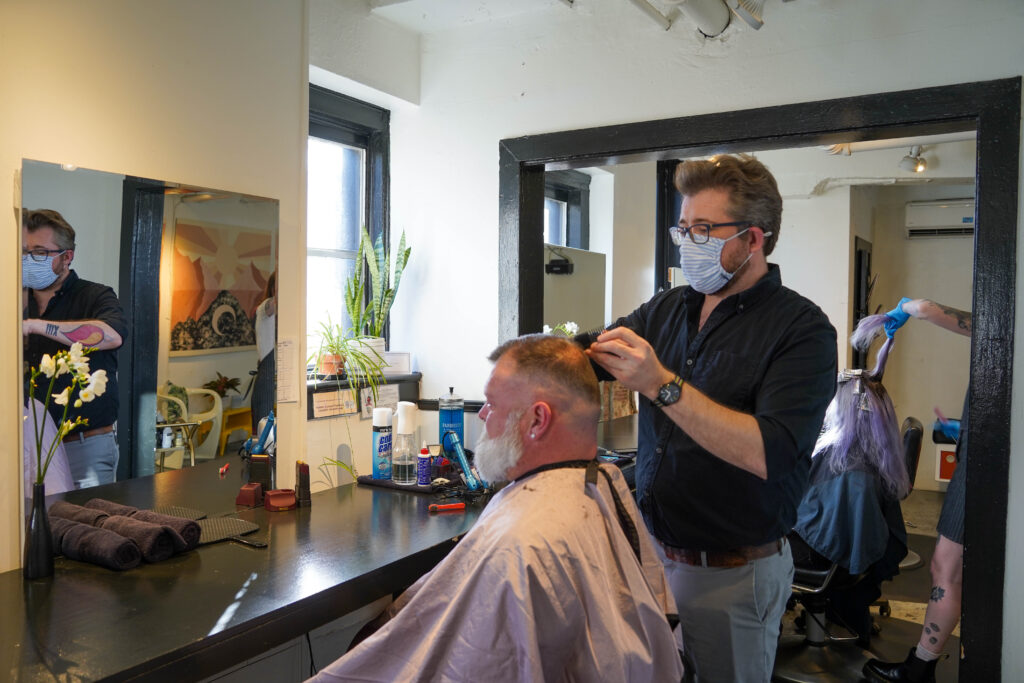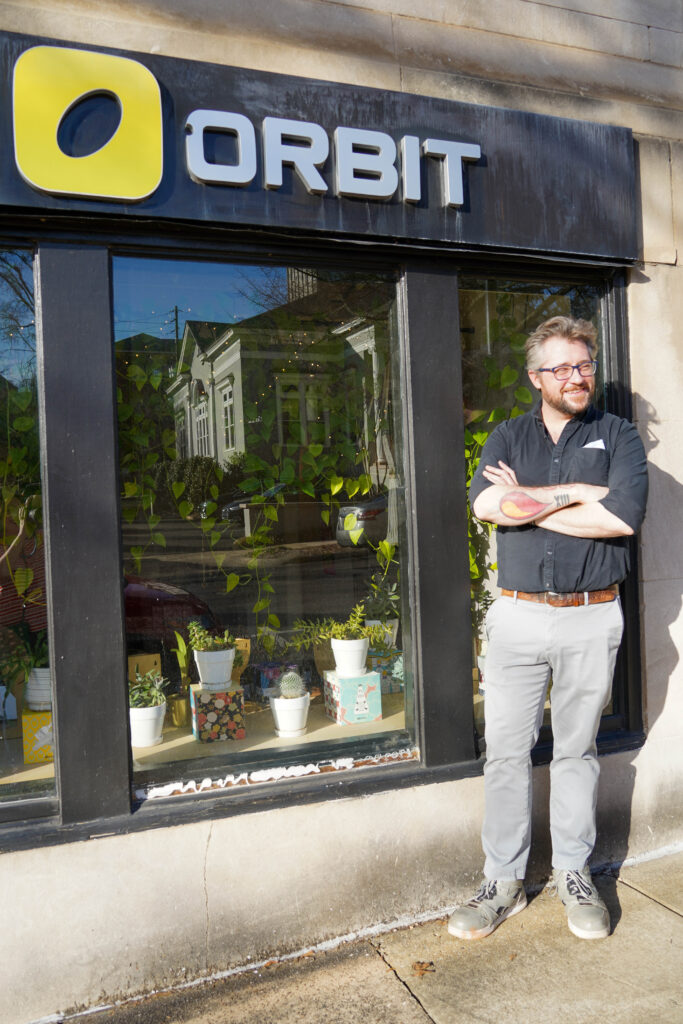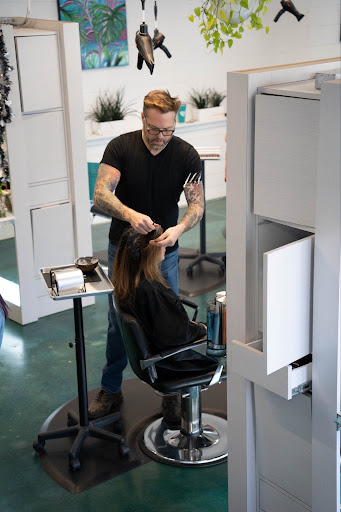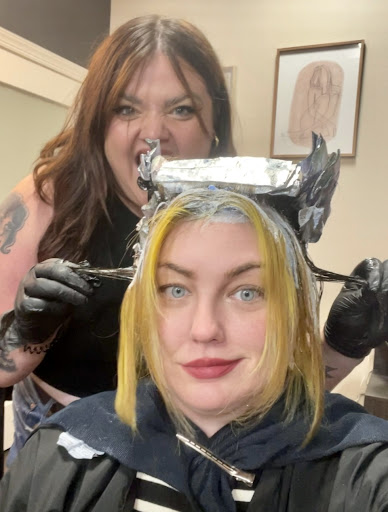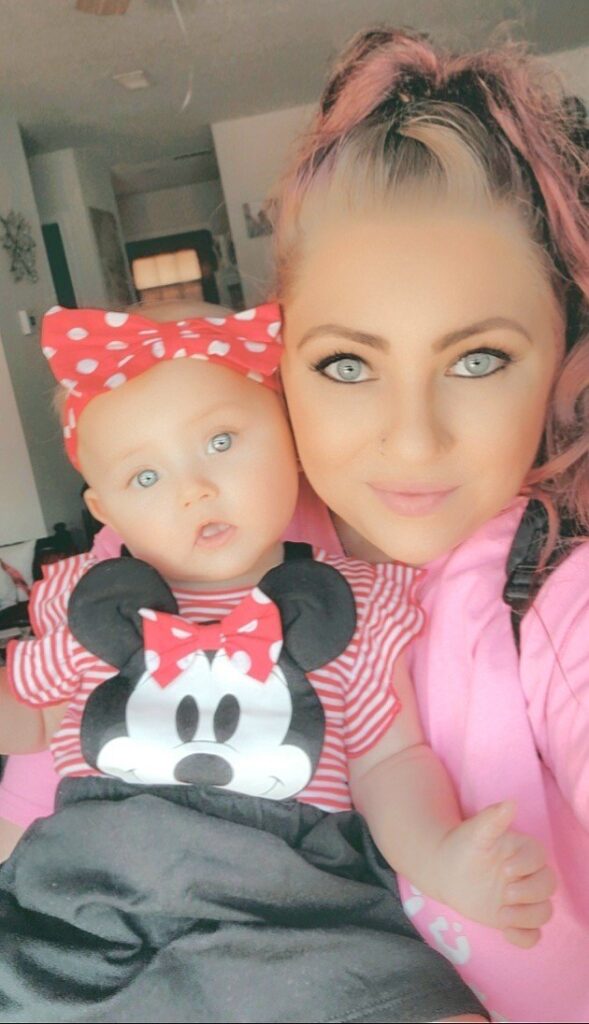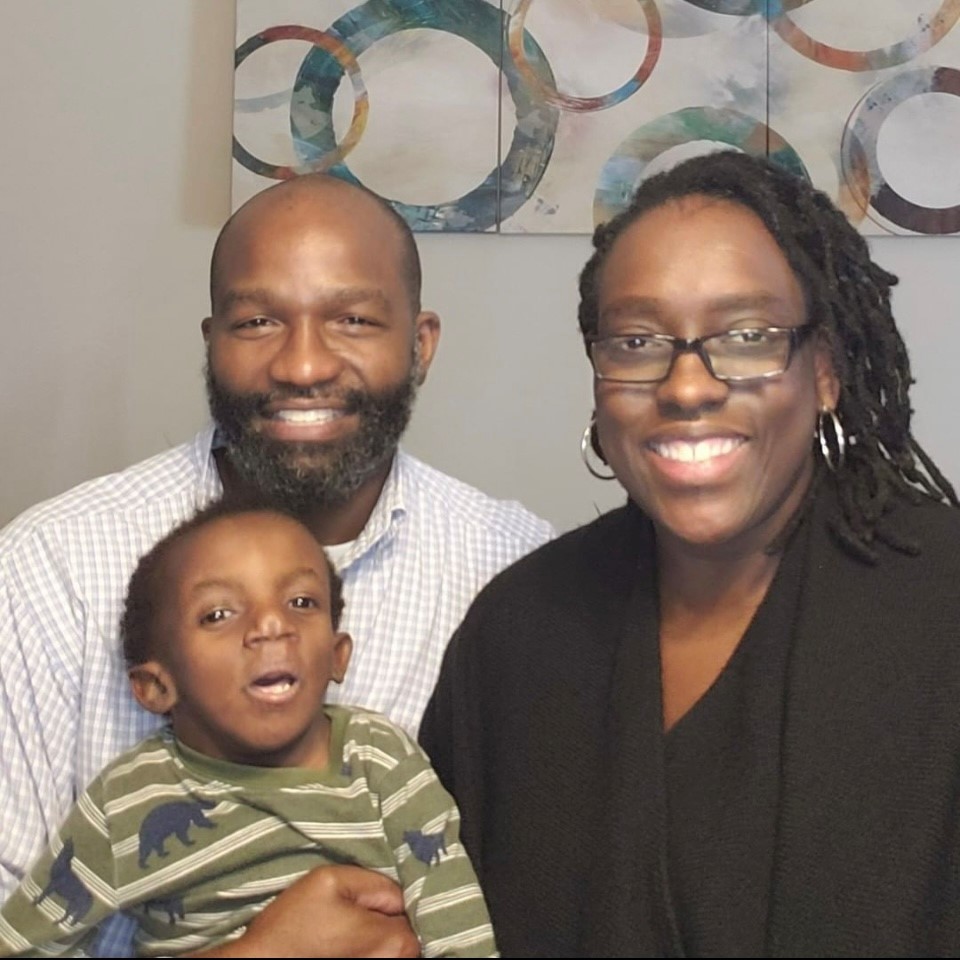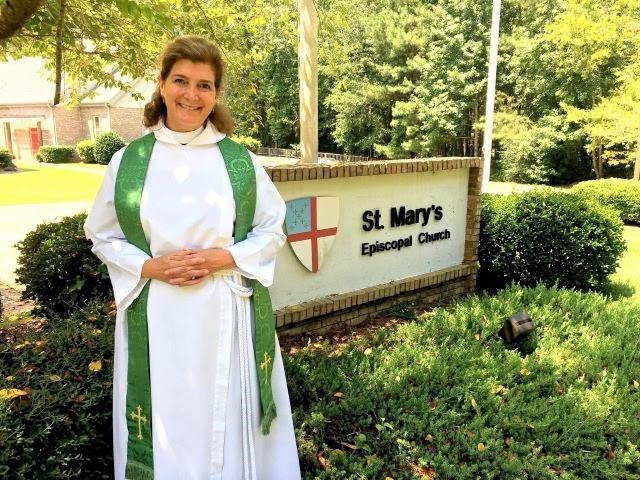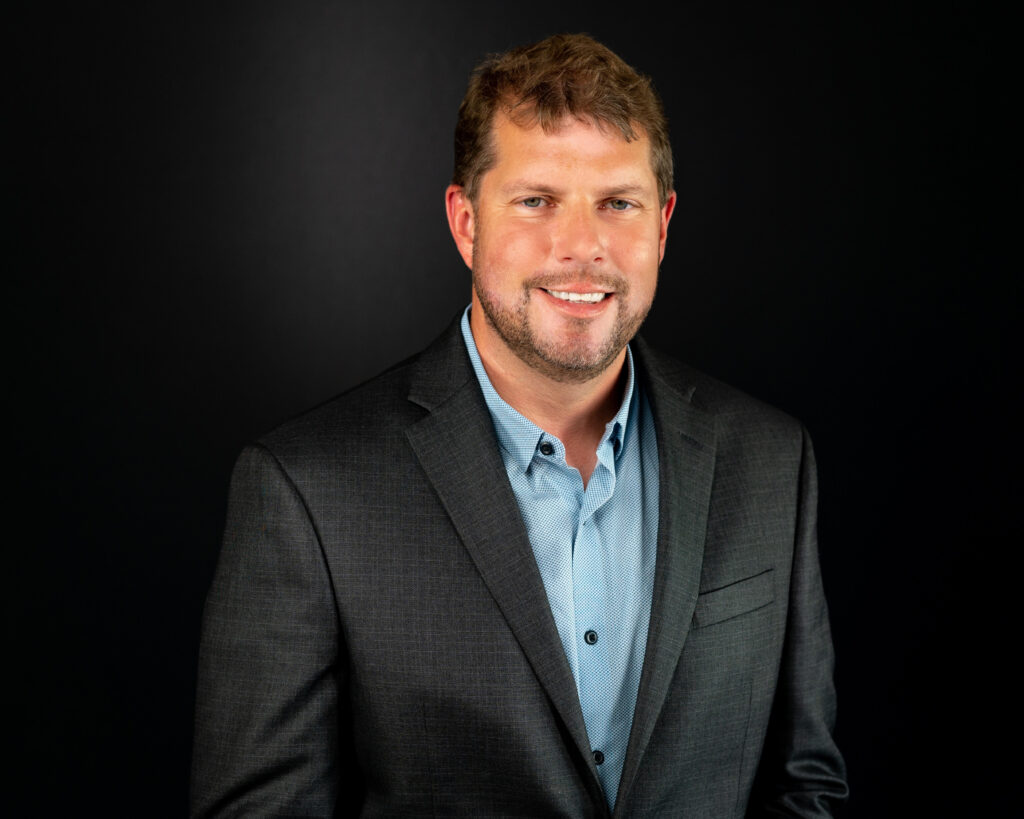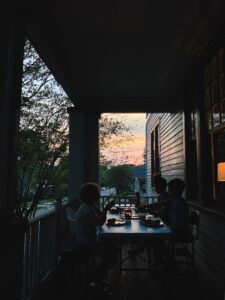Alabama Arise’s Sherrel Wheeler Stewart talks to Arise policy director Jim Carnes about how Medicaid expansion would save lives and reduce suffering for hundreds of thousands of adults with low incomes across Alabama. They also discuss how expansion would help the state combat the COVID-19 pandemic and rebuild in its aftermath.
Listen to the full interview below:
Arise is a proud member of the Cover Alabama Coalition, which is urging Medicaid expansion in our state. Click here to share your health care story with Arise and Cover Alabama today.
Full transcript
SHERREL WHEELER STEWART:
Our state, our nation and our world are at a crisis point right now. The global pandemic COVID-19 is claiming thousands of lives, flooding hospitals with patients and wrecking the economy. In Alabama, it’s exposing a serious gap in health care for poor people in our state.
Now a coalition of partners, Cover Alabama, is working together to help bring change, expanded access to Medicaid now and a better quality of life in the years ahead.
I’m Sherrel Wheeler Stewart, story collection coordinator for Alabama Arise. I’m talking by phone with Jim Carnes, the Alabama Arise policy director. He tells us why Medicaid expansion is needed in Alabama right now.
STEWART:
So recently, the vice president said states have been given some flexibility in using their Medicaid dollars to help the uninsured at this time. What does it mean for Alabama? If anything?
JIM CARNES:
If anything, there is that basic question offered by the Affordable Care Act. You know, will you expand Medicaid to cover this population of people who are earn up to 138% of the poverty level?
Alabama is one of 14 states that have not accepted that option. What’s happened with the COVID-19 pandemic is that states have some additional flexibilities. Now, a lot of these are flexibilities that states always have, but emergencies kind of open that door. And there are things Alabama could do through several different mechanisms, through a waiver process or an amendment process. The technical mechanisms differ, but the general idea is that there are a whole host of things that Alabama could do to broaden our coverage and to streamline coverage and services. For example, we could suspend a lot of the administrative processing required for people to get certain kinds of services or to get coverage that they qualify for.
STEWART:
In other words, what you’re saying is, get rid of some of the red tape?
CARNES:
Exactly, exactly. There is an opportunity now to get rid of a lot of the red tape. Alabama has made some moves in that direction. We have passed for and gotten permission to do a few things. But there are many more options available to Alabama that we have not yet sought.
Now, the option to expand Medicaid coverage to those adults, working-age adults, is something that is obviously still available. And Alabama has not chosen to do that. That is not, however, a new flexibility that is prompted by the emergency. There is not really an emergency expansion opportunity. We can roll out services in a new way, and we can make enrolling in coverage easier. But if we want to expand coverage outright, the opportunity still stands. We could do it. The word “expand” is the key there.
There are two things to bear in mind. No. 1 is that the Affordable Care Act 10 years ago gave states the authority to expand their Medicaid programs to cover low-income adults up to 138% of the federal poverty level and to include adults without children. Here in Alabama, which has the second most restrictive Medicaid program – we have the second strictest program after Texas – we allow adults under age 65 who do have a disability, which is sort of one way to distinguish between adults who qualify and adults who don’t. People with disabilities can get Medicaid coverage under certain conditions. But looking at what some people call able-bodied adults – that is, adults who are working-age without a disability. In Alabama, No. 1, you have to have a dependent child. And No. 2, your earnings cannot exceed 18% of the federal poverty level.
STEWART:
In dollars, what are we talking about here?
CARNES:
Yeah, well, for a family of three, that would be, you can’t earn more than $329, I believe. So it’s under $350 a month, if you think of it in big round numbers. If you earn more than $100 a week in Alabama, you can’t get Medicaid.
STEWART:
Well, that doesn’t sound like a whole lot. It sounds like what you get when you pick up lots of cans and just take them down to be recycled.
CARNES:
Yeah, exactly. I mean, you’re talking about not being able to hold a job and get Medicaid in Alabama. It’s extraordinarily restrictive.
We do a better job with children, children and families. Up to 146% of the poverty level can get coverage for the children, but their parents cannot get coverage. So, we’re dealing with an extremely low income limit in Alabama, which means we have a lot of folks who are walking around Alabama working every day in jobs that we all depend on. You know, all the service industries and just a variety of jobs, manufacturing and all kinds of jobs, that cannot qualify for Medicaid.
STEWART:
You know, a lot of these Alabamians are people who are on the front lines. They are the ones who are keeping us going right now. Am I correct?
CARNES:
Oh, exactly. I mean, we’re depending on them more than ever right now. Exactly.
STEWART:
Why is it important at this time for Alabama to expand Medicaid?
CARNES:
You know, it’s been important for 10 years, but it is more urgent than ever right now. There are there are many, many reasons. And I’d like to hit some highlights. One is that Alabama is a high-poverty state. We estimate that we have more than 200,000 Alabamians who are trapped in the coverage gap. They simply cannot afford to buy private or employer-based coverage, and they earn too much to qualify for our very restrictive Medicaid. So they are without an option. And as you pointed out, they are the people who are working the jobs that we have deemed essential. They are cleaning our hospitals, cashiering at our grocery stores, docking the shelves of our drug stores and grocery stores. They are keeping produce rolling from the farms to the stores. They are the people that we are all more aware of probably right now than we have been in a long time.
Essential workers without health coverage
I think everybody is tuned in now to the crucial jobs that those employees are serving and fulfilling in our state right now. And I know that I’m finding myself thanking the checkout clerk much more consistently than used to be, really trying to tell them that we appreciate their critical service at this time. These are people who are much too often going without health coverage. Similarly, people in the food service industry, while most of that has shut down, there are still people who are working to provide meals that can be picked up or delivered. And too often, those are folks who are going without health coverage. We also know that we’re going to come out of this shutdown, and people are going to be reentering the workforce with that same hindrance.
They are still going to be going without health coverage, unless we can do something now. One thing that I especially want to point out is that the recent measures that Congress has taken to address the coronavirus have made sure – and I’m grateful that they have – but they’ve made sure that there is free testing available. We hope that that is becoming more and more widely available, but there should be free testing rolling out across all of the states.
STEWART:
What happens if Alabama doesn’t act now to expand Medicaid?
CARNES:
We’ve just learned recently that there will be payments for hospitals to serve COVID-related illnesses for patients who were uninsured. But they don’t have— those same people don’t have coverage for anything else that may be wrong with them or that may happen to them in the meantime. So for an uninsured worker, for example, the idea of having to deal with illness from COVID, it can mean personal financial disaster. It can mean medical debt that is simply unsustainable.
STEWART:
When I hear you say these things, I think about my own perception of Medicaid and health care. You know, I always just thought that health care was one of those elements we needed to maintain a certain standard of living.
CARNES:
You hit the nail on the head. You know, one thing I’m hopeful about amid all this despair that we’re experiencing and the alarm is this bright light that we are seeing now on our health system and on our community networks and all of those infrastructural kinds of things that kind of go hidden or unnoticed. One result that I’m hoping to see is that our conversation will lead us to consider what really is the role of our public financing for the common good. What do we as communities really owe each other and ourselves in regard to a baseline safety net of public services that we all ultimately depend on?
I think never in my lifetime have we seen such a stark picture of how public services work, how they should work and how they sometimes fail. And I’m hoping that those failures and that sharp, bright light can help us reevaluate and have a really serious, productive conversation about our investment in the common good.
STEWART:
Talk to me a little bit about our health care system and the impact of the hospital system in Alabama.
CARNES:
Alabama is a state that has allowed its hospital system to become frayed. As you know, we’ve lost eight rural hospitals over the last 10 years and six hospitals in urban and suburban areas. So we are already— before the COVID-19 even emerged, we were suffering from a beleaguered hospital system.
The emergency is only going to tax those hospitals further to the limit in terms of their capacity to deliver care and their capacity to sustain the financial impact of the epidemic. Our hospitals are in more need than ever of the federal support that would come through Medicaid expansion.
STEWART:
But Jim, beyond the conversations, it seems like someone needs to be making things happen. And who is it? Is it the governor? Is it the Legislature?
CARNES:
Yes. Well, there is in Alabama— each state is different with regard to how its Medicaid works. It’s a federal-state partnership that gives states a lot of leeway. There’s the federal government sets kind of a baseline of services. But the states have a lot of flexibility. And when it comes to how they make Medicaid funding decisions, the states are really individual deciders on that.
In Alabama, the governor could initiate Medicaid expansion by approving a rule change. It’s a simple rule change that would raise our income limit for Medicaid benefits. Once she did that, there is a review process that would take that rule change to a legislative committee, and they wouldn’t even have to actively approve it. They could they could not object. In other words, they could allow the rule change to pass. They wouldn’t have to do anything. They would just have to turn the other way and let the governor do it.
The governor has that authority, but it still requires some consent, even passive consent, from a legislative committee. Once that happens, it would go to Washington for approval. And I cannot imagine that in this environment they wouldn’t expedite an approval.
I know that the Trump administration has not favored Medicaid expansion, but it’s almost impossible to believe they would deny it in this environment. Then it would go into effect. The Legislature would have to provide the extra funding for covering more people. But we think that’s an investment that would have immense return.
STEWART:
Now, in dollars, what’s that amount? What are we talking about here?
CARNES:
The estimates that we had before COVID-19 were that that year one would be that the highest costs for the state. The federal government pays 90% of the expansion cost. So in other words, the costs for enrolling and serving the new enrollees through the expansion. It’s a 9-to-1 federal program for expansion. Alabama’s cost, we estimate, would be $168 million. And then the feds would pick up the rest.
In subsequent years, we would begin to see the return on that investment. We would see new tax revenues from the increased economic activity. We would see new state savings in programs that we’re currently paying for entirely out of state dollars, particularly some mental health programs, and those would get the 90% match. So it would make new state money available. So in subsequent years, the estimate is that the state would pay about $25 million a year going forward for expansion. In return, we estimate about 340,000 Alabamians— you would get those people who are currently uninsured in the coverage gap, plus some eligible people who would then choose to take the Medicaid coverage in lieu of straining their family budget to pay for their private or employer-based coverage. So, we think about 340,000 people would get it.
STEWART:
Will COVID-19 change these projections? And if so, how?
CARNES:
We have to adjust those expectations a little bit, because COVID is going to make more people eligible, because more people are losing their jobs and losing their income. So more people would become eligible. However, the return that we would get on having those federal— that federal support for the health care for those Alabamians would be immense. I mean, that would just be an enormous gain for the state.
If we are saddled with even more uninsured people who are now facing even more health challenges in a hospital system that has not gotten that extra support it needs, then that just spells disaster for the state. So the hospital system itself is another beneficiary. Obviously, we would get to infuse those federal dollars into our struggling hospitals. That in turn would help revitalize our community economies, because, as you know, our state and local economies are going to be reeling from this blow.
So the best leverage we can use right now, just thinking beyond the health care system and beyond COVID— the best leverage we can use for bringing federal dollars into the state to respond and recover from the emergency is to expand Medicaid. We will get nine times the funding we put up as a state. So it’s a 9-to-1 gain. For a dime on a dollar, we could bring in billions of federal dollars to help our state recover and bounce back.
STEWART:
Let’s just say this moves through the process, through the governor’s office, through the Legislature. And then how long will it actually take for us to get Medicaid expansion in place in Alabama?
CARNES:
Our best guess is that it would take about six months for the coverage to get up and rolling. However, there’s a wonderful provision that allows Medicaid coverage to be retroactive in the quarter in which it starts. So the sooner we start – we’re now in the second quarter of the year, it’s the third quarter of the fiscal year – the sooner we start, we can retroactively cover from April 1.
So although it would take about six months to get the actual machinery up and running, so to speak, on getting coverage, we could we could actually build some of that retroactively. So we would have good financial coverage there. However, in the meantime, Alabama needs to use every tool in the Medicaid toolbox. That means going ahead and initiating all of the flexibilities that you mentioned earlier that we can to make enrollment easier, to make getting services easier, to make it easier for medical providers to get their payments. There are just all kinds of streamlining that we can do to expedite or fast-track our startup on Medicaid expansion.
Now is the time. Every day we waste is a day that puts more Alabamians at risk, that puts more hospitals at risk and more communities at risk of financial disaster.
STEWART:
This has been Cover Alabama Conversations. Thanks for listening.
